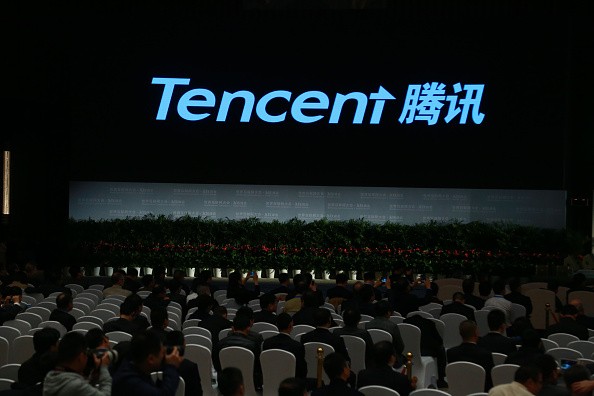Chinese Internet giant Tencent has invested $200 million in Zhuanzhuan, the used-goods trade platform of the classified information provider 58.com, chinatechnews.com reported.
The deal is apart from the agreement reached by the two firms wherein they will team up to further develop the said platform. Zhuanzhuan will be enhanced by harnessing resources from both Tencent and 58.com.
Even after the financing, 58.com will still have the majority stake in the app.
The platform will also push through with its endeavor of expanding its second-hand trading market.
The article said that Zhuanzhuan will also find ways to upgrade its user experience while speeding up the improvement of its technical and service capabilities.
The Zhuanzhuan app was first launched by 58.com in Nov. 2015.
For 58 Group's CEO Yao Jinbo, the partnership with Tencent will be beneficial to their firm, adding that he is delighted to see the Internet company become a cooperation partner and shareholder of its used-goods trade platform.
The country's second-hand trade market is still relatively young, Yao said. But with the aid of smartphone popularity, he is optimistic that the public's acceptance of used products will gradually increase.
Saying as such, this shift in the people's perception on second-hand goods will give the market ample space for expansion. Yao hopes that with its deal with Tencent, Zhuanzhuan will be able to successfully gain footing in the growing used-goods trade market.
Tencent has been aggressive in its efforts to expand its operations and work hand in hand with other firms. The Internet powerhouse, according to an Australian Financial Review, is poised to become one of the world's largest e-commerce providers, alongside rival Alibaba.
Both firms have been lauded for having created their own digital ecosystems that helped China's e-commerce market to become more thriving. Analysts attribute this triumph to Tencent and Alibaba successfully learning how to establish trust--one of the market's biggest barriers--among their stakeholders and clients.






















